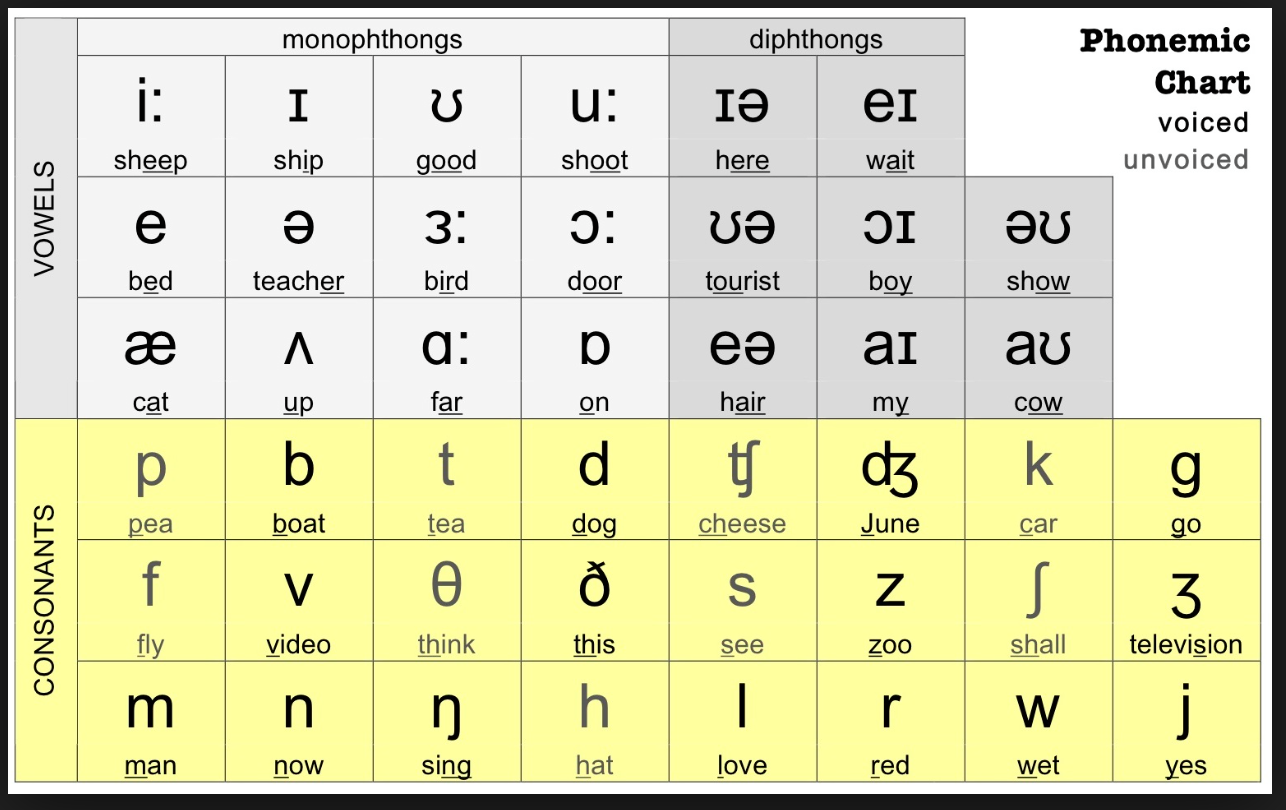
When it comes to English pronunciation, there are many variations across different regions and countries. In the UK, there are several different accents and dialects, each with its own unique way of pronouncing words. In this article, we will explore the different genres of pronunciation in UK English.
Received Pronunciation (RP)

Received Pronunciation, also known as RP, is considered the standard accent of UK English. It is often associated with the upper classes and is commonly used in formal settings such as news broadcasts, business meetings, and public speaking events. RP is characterized by its clear enunciation, lack of regional or local accents, and precise pronunciation of vowels and consonants.
Estuary English

Estuary English is a newer accent that has emerged in the southeast of England. It is a mixture of RP and regional accents from the surrounding areas. Estuary English is commonly spoken among the working-class and is often associated with the youth culture. It is characterized by its strong intonation and use of glottal stops.
Scottish English

Scottish English is spoken in Scotland and has several different variations depending on the region. It is characterized by its distinct pronunciation of certain vowels and consonants, such as the rolling of the “r” sound and the elongation of the “a” sound. Scottish English is often associated with a strong and distinctive accent, and can sometimes be difficult for non-native speakers to understand.
Welsh English

Welsh English is spoken in Wales and has a distinct accent that is different from other UK accents. It is characterized by its use of the Welsh language’s unique phonology, which includes a different set of vowel sounds and a different intonation pattern. Welsh English can sometimes be difficult for non-native speakers to understand, especially if they are not familiar with the Welsh language.
Northern Irish English

Northern Irish English is spoken in Northern Ireland and has a distinct accent that is influenced by Irish Gaelic. It is characterized by its use of the Irish small “r” sound and the elongation of certain vowels. Northern Irish English can sometimes be difficult for non-native speakers to understand, especially if they are not familiar with the Irish accent.
Conclusion
As you can see, there are many different genres of pronunciation in UK English. Each accent and dialect has its own unique characteristics, and can sometimes be difficult for non-native speakers to understand. However, with practice and exposure to different accents, anyone can learn to understand and even emulate different genres of UK English pronunciation.